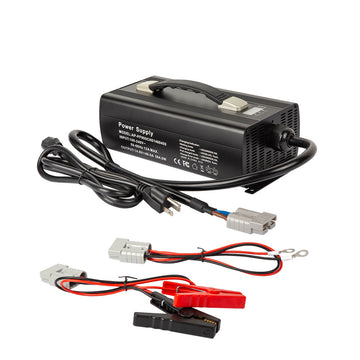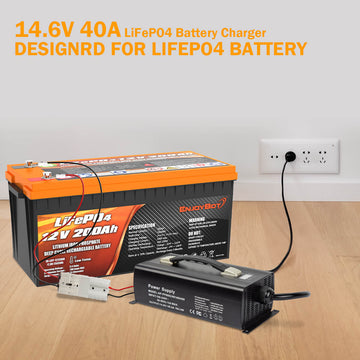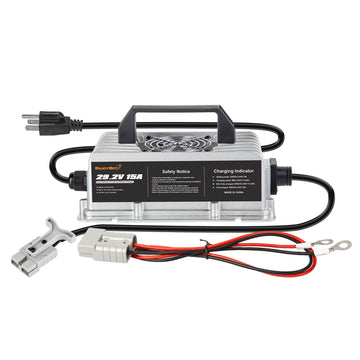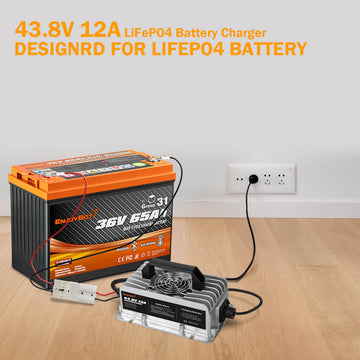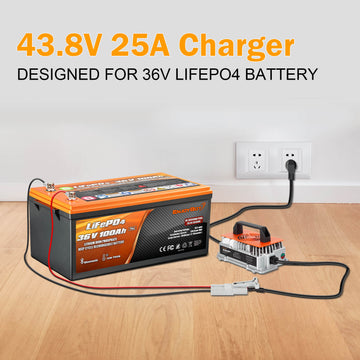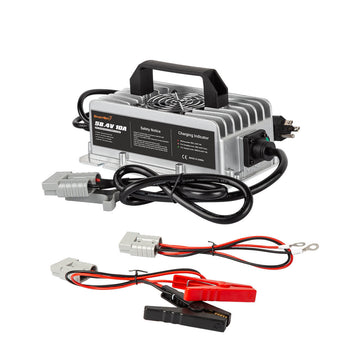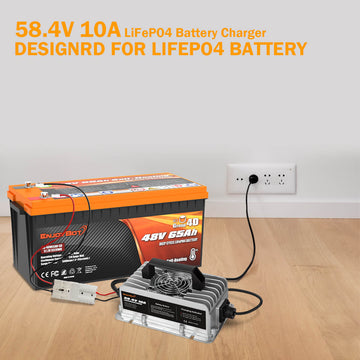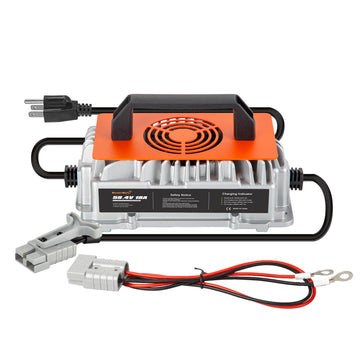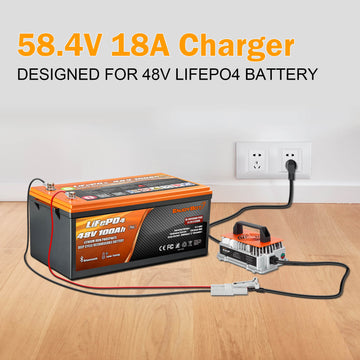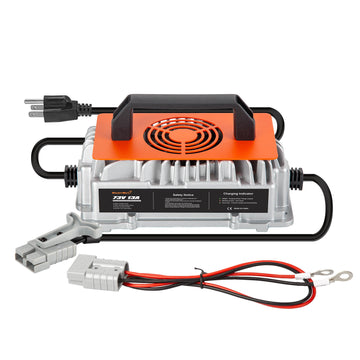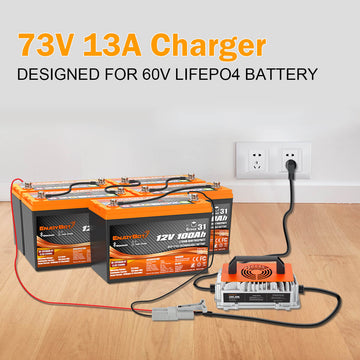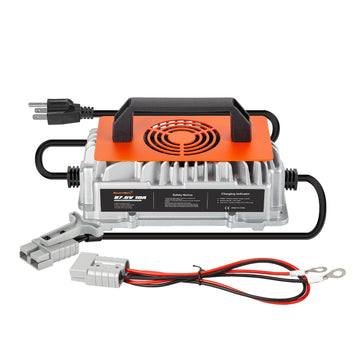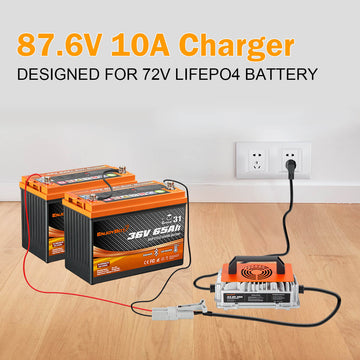Home Battery Backup Systems

Home Battery Backup Systems
If you experience a power outage and it looks like the power will be off for an extended period of time, you may want to invest in a backup power source such as a battery system or a battery backup unit for home. In this blog, you will learn more about home battery backup systems.
You can power your air-cooled home generator with either gasoline or propane for a few hours, you can also buy a more expensive liquid-cooled generator to keep your lights on for several more hours, or purchase a LiFePO4 (lithium iron phosphate) battery as your home battery storage system, which is currently popular in the market. But if power outages are regular events where you live, you might want to consider installing a set of backup batteries with solar panels to supply you with electricity when you are off the grid.
This backup battery's storage systems can either consist of dry or wet batteries. A typical dry battery is the lithium-ion battery used in mobile devices or lithium iron phosphate (LiFePO4) battery commonly used in solar battery backup systems.
The wet cell battery uses a liquid electrolyte to generate electricity. The lead-acid battery uses lead plates that sit in an electrolyte of sulphuric acid --or acid battery. Batteries can also contain gel. The gel battery is a form of a lead-acid battery in the class of VRLA (value-regulated lead acid). The acid electrolyte is mixed with a type of silica to produce a gel that will not leak off if batteries fall over. 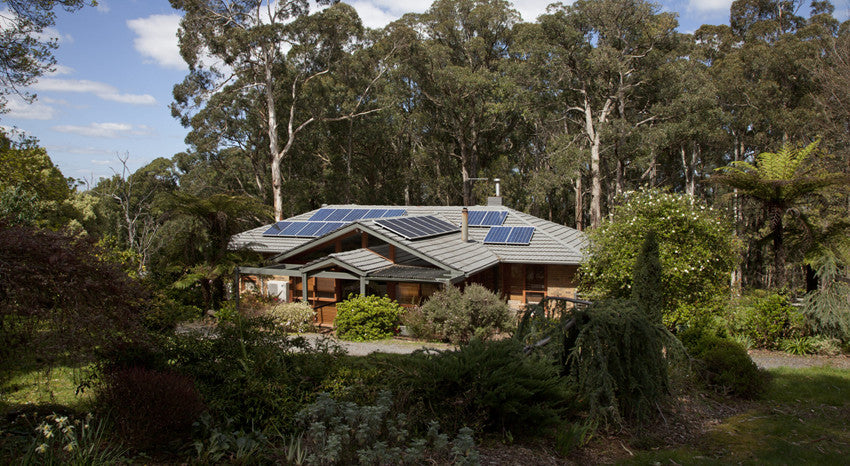
Other batteries have absorbed glass matting (AGM) in place to hold the electrolyte in connecting with the plates of the battery. However, the AGM batteries are able to lose power in very cold conditions.
For a seemingly never-ending supply of power, consider solar panel systems to connect to your energy storage system. Your home backup batteries system will be charged using solar power so that you can get a regular supply of solar energy from your solar batteries.
The solar battery, also known as solar PV (photovoltaic) systems that will charge your home backup battery system with renewable energy. If you cannot afford a full set of solar panels and backup batteries, the Enjoybot LiFePO4 battery might be the best choice, with safer quality, also a lower price than others in the market. Especially, Enjoybot LiFePO4 batteries support UPS technology and solar panel system.
A UPS is also a surge protector and switches itself on during power outages, how can you run your important items if the power goes out?
What type of home battery back-up system is right for you?
Backup batteries system are generally charged by utility grid electricity or solar panels power. If you live in an area where you get great levels of sunshine, you can consider using solar panels power to charge your batteries up during the day. Alternately, if the power outages are infrequent, then you can consider topping up the batteries using electricity when the cost is low.
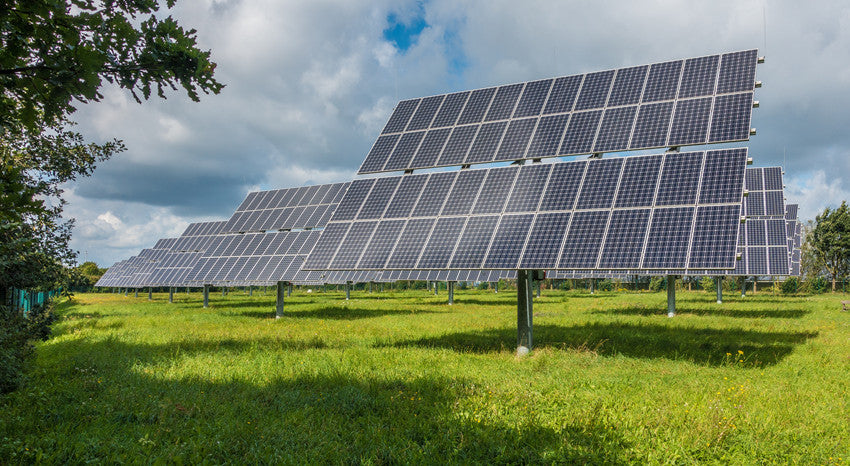
How much power do you need?
Firstly, you need to check the batteries' capacity. This is commonly measured in kilowatt-hours (KWh). Any output, such as inverters, will be measured in watts or kilowatts. Typically, batteries capacity should be more than the power generated by your systems and ideally should store enough power to cope with 24 hours' worth of energy supply.
You also need to measure the surge current requirements of the items you need to power -- especially if you plan to start something like a sump pump motor. do not expect to be able to power your pool filter or air conditioning for days on end.
The cost is also a major consideration—especially if your requirements total more than 15KWh of inverter power or over 30KWh per day for your batteries. You also need to take into account inefficiencies, voltage drops, and other losses, and calculate to cover all eventualities.
How many loads do you need from your battery backup system?
You need to carefully consider your peak load in KWh per day when calculating the size of battery power you'll need. If your energy consumption is low, such as lighting and small appliances, then most backup systems will be able to cope with this. However, if you need to run something like sump pumps or air conditioning, or other heavy start load items, then you will need to consider peak loads, too.
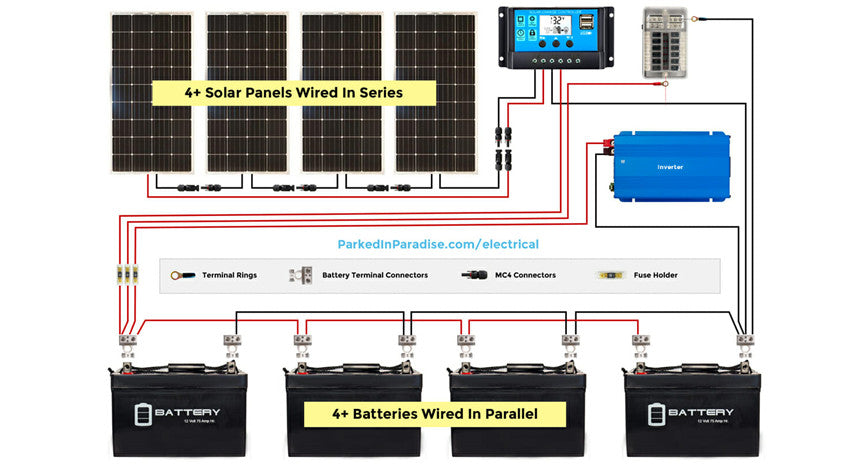
Is there alternative home battery backup system to consider?
It depends on your needs. If you only need a backup power source in emergency situations, smaller, more emergency-oriented units are available. Even if you are not prone to power outages, many UPS models also include surge current protection features. The automatic voltage regulator smoothes over brownouts and spikes without needing to change your batteries. You can look for this capability, and others—in a UPS.
How do we select the best battery backups for home?
Simply tally up the wattage of every devices you plan to connect the UPS (this is your load), and multiply that number by 1.25 to determine the UPS capacity you need. Your load can not exceed 75%-80% of your UPS system's capacity. Next, we prioritized UPS options with a clean sine waveform output, instead of a simulated sine waveform: This feature is important for more sensitive computers and audio equipment.
Before you choose a battery backup, you should consider a number of other features something that is important—for instance, UPS models must be that include surge protection features, such as line interactive topology, which features an automatic voltage regulator, protects against dips and spikes in power by normalizing the voltage during active (or non-battery backup) mode. Additionally, you also consider other features: How many outputs do the UPS have? How many outlets were both battery-and-surge-protected outlets? How many outlets had only surge protection? Plus, you need to think USB ports, the length of the power cord. These details may sound like nitpicking, but they can make a huge affection day-to-day use. Obviously, newly LiFePO4 (Lithium iron phosphate) batteries meet these characteristics.
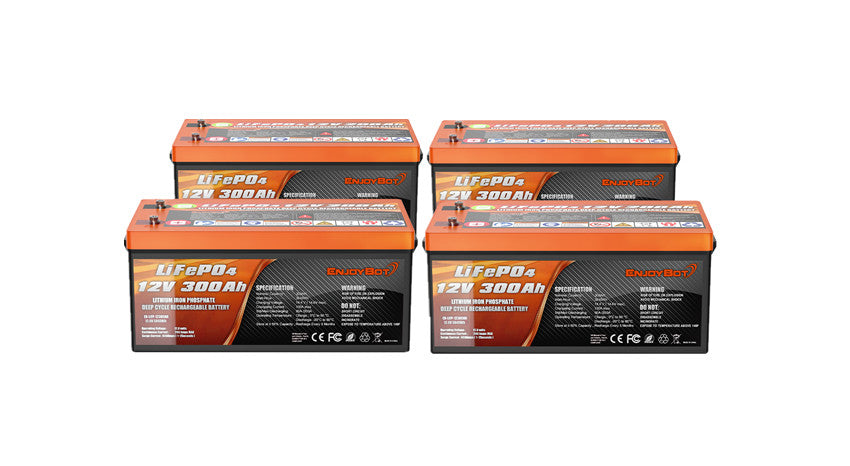
What do you need to consider when buying the best battery backups?
If you are planning to buy a UPS, you will find that there is a pretty broad range in prices—from less than $100 to more than one thousand dollars. So, how do you choose? May be the following opinion will help you.
Output
When you are looking to buy an uninterruptible power supply (UPS) for your home or office, it is important to consider the output power of the device. A UPS serves as both a surge protector and provides battery backup power to your devices. You'll want to make sure that the UPS' output is high enough for your needs. In general, it's best to go with a UPS that can provide at least 400W of output power.
Sine wave inverter
UPS models are including a number of different features, but you will need to focus on a couple, depending on what you want to back up. Sine-wave inverters allow the UPS to produce a clean sine waveform, which is the best type for power output. In contrast, some inexpensive models output a simulated sine waveform, which can be a trouble for some higher-end gaming laptops and audio gear. Another key feature is to look for line interactive topology, which in some UPS models, uses the automatic voltage regulator to compensate for small dips and spikes in the active power coming into your house. So, this feature protects your computers and systems from power surges.
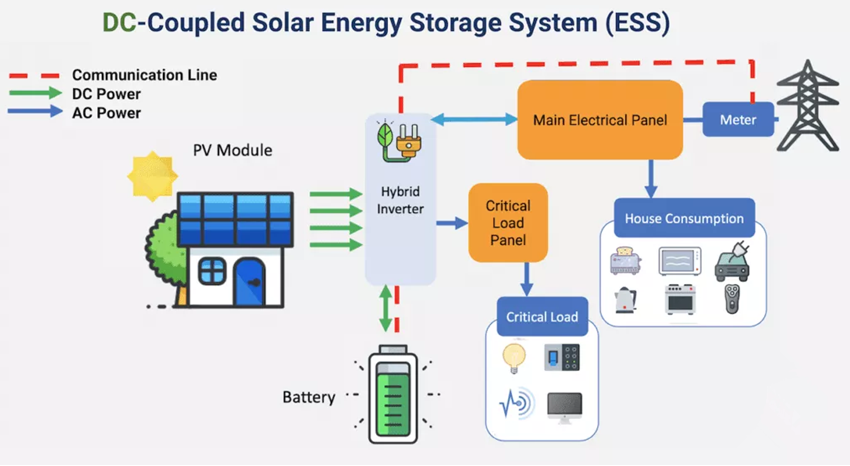
Endurance and outlets
All units' longevity depend on how powerful the UPS offer, as well as how it is configured. The run-time of each device will depend on how powerful your UPS is and the number of devices you have plugged in. For example, if your whole-home unit provides 990VA and your computer requires 800VA to operate, it can run for up to 0.5 hours before power is lost. If you need more time to do shutting down safely, use the Uninterruptible Delay feature on the UPS. The UPL will also delay your online data backup so you will have safer files.
Also, be sure to properly configure your unit—or add units—to adequately fit your power needs. This will ensure you won’t set it up improperly or buy too little equipment. Properly sizing the units is critical because it will affect safety, efficiency and other factors. Putting a small 300VA unit with a large 1500VA generator may not yield sufficient run-time for critical applications due to voltage drop (the amount of voltage that decreases as electricity travels.
Most UPS models include a number of outlets that include both battery backup and surge protection, as well as outlets that only have surge protection. This can be important when making your battery backup plan.
You should factor this into your planning by using a UPS with both surge protection and battery backup in critical areas like data centers, servers, or telecommunications equipment.
Surge protectors are great for consumer electronics and home entertainment systems, but for professional needs a UPS (uninterruptible power supply) is generally required to protect valuable data.
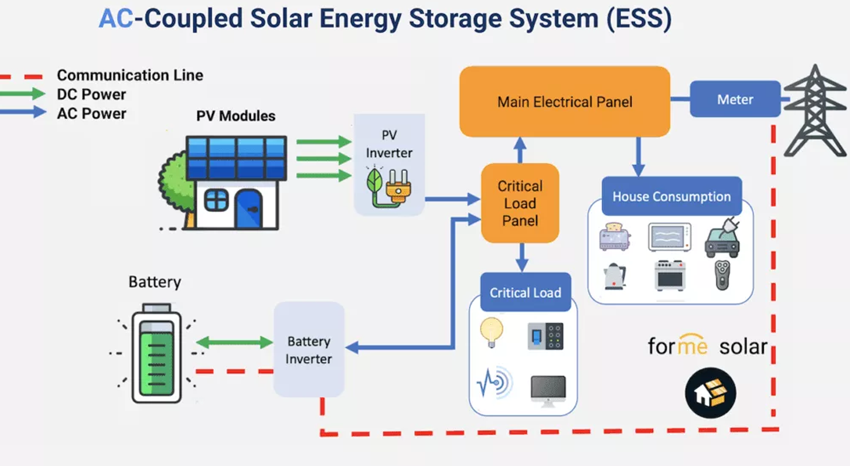
Device compatibility
Be sure you know what type of products you want to power with a UPS battery; they aren’t suitable for everything. You’re also limited in how much power you can draw from them, so they're not great if you need to charge something that draws a lot of current—for example, running a hairdryer will likely cause the UPS battery to drain fast.
Here are some general things that should work fine on a UPS battery: lamps, televisions, computers, appliances. This is not an exhaustive list and may require testing depending on your own specific setup.
A UPS is not meant to take the place of a home generator, which has a more robust power capacity. But for many consumer electronic devices, even monitors and power PCs (if they’re not too full-sized), a UPS should give you the ability to run them, at least for a short amount of time. (Again, you need to be sure study the features and specs of the USP models you would like to buy to see if they will back up your system effectively). Click here to learn more about our selection of UPS systems.
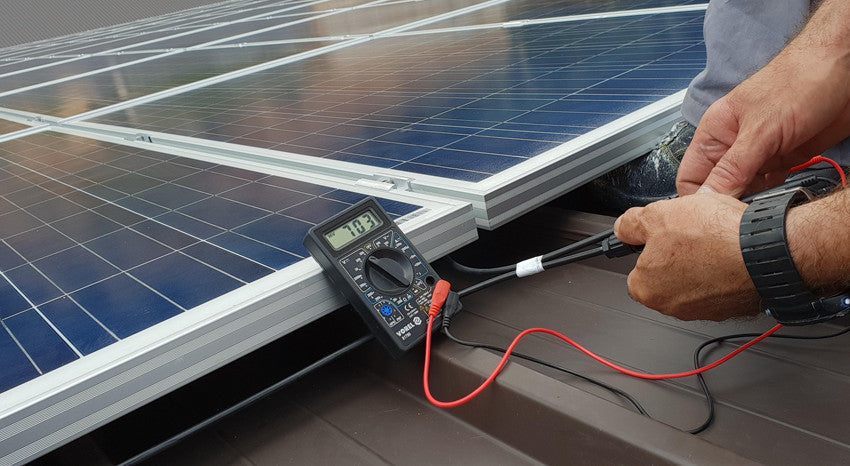
What is a backup battery used for?
Backup batteries are used in uninterruptible power supplies (UPS), household appliances, and provide power to the computers they supply for a variable period after a power failure, usually long enough to allow the computer to be shut down gracefully.
To avoid major data loss and hardware damage, you should always have a backup battery as part of your network room or server room power protection.
Backup batteries can provide post-outage power for up to 24 hours, so your mission-critical applications and equipment can continue running during unexpected outages.
Click here if you need assistance with knowing the best backup battery solution for your application.
What is the best home battery backup system?
In our opinion, the LiFePO4 battery is the top choice for a whole-home battery backup system. It has broad application, a 10 year warranty, and the BMS system can monitor power in safe condition. You can even use them to power your RV, fishing boat when you are going to out activities.
What battery is best for home use?
LiFePO4 or Lithium iron phosphate battery is best for home use, which is a type of rechargeable battery. It is safer than other types of batteries, longer cycle lifetime, broader applications. It is totally environment friendly and has a long service life. Click here to learn more.
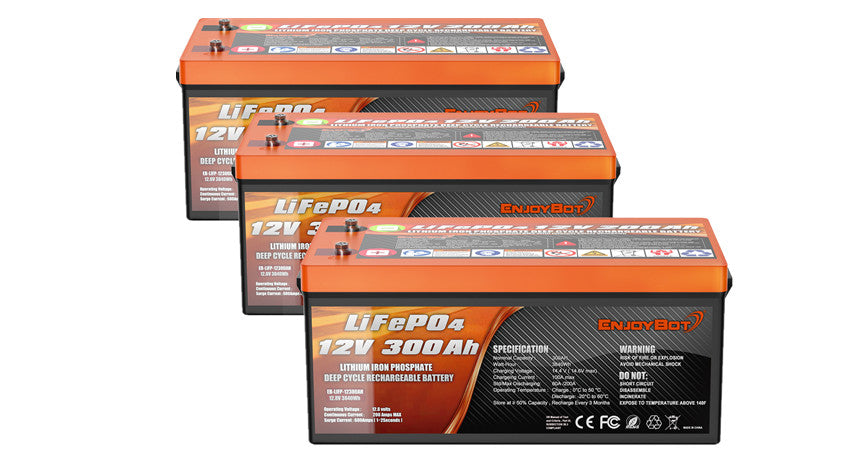
Is it worth getting a home battery?
A home battery is very economical in the long run, because it ensures that you will always have sufficient electricity for your own consumption.
It stores any excess energy generated with solar panels, wind turbines or a so-called E-car charging point. This energy can then be used when the price of electricity is high or there are grid disturbances. That's why you can effectively reduce your electricity bill. So People are worth having a battery backup in long run.
The price of grid electricity is increasing rapidly all over the world. In Germany, prices have increased by 90% within 5 years. For this reason, more and more consumers store their excess solar electricity in a home battery – to use it later in their own apartment and garden. Even if you don't have solar plants, a battery can still be worthwhile because consumers who feed electricity back into the grid are usually paid at a very low rate.
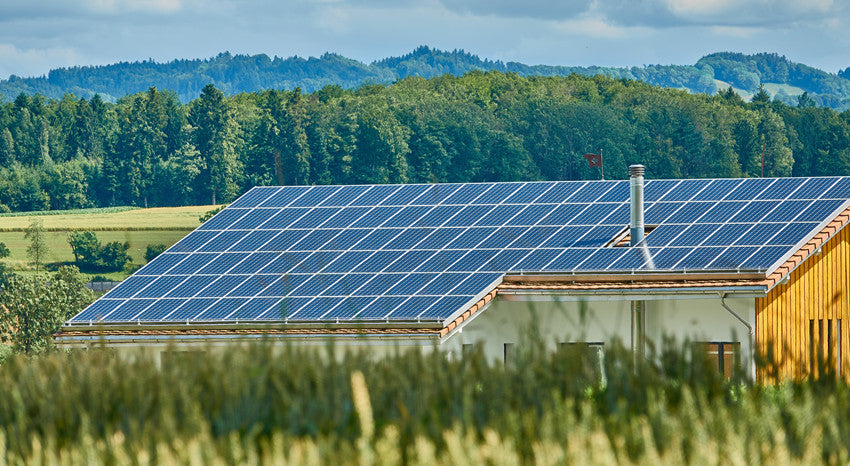
What size UPS do you need for a refrigerator?
Firstly, you need to determine how much surge protection (ups power) you will need for your refrigerator, you will also need to know the unit's specifications and parameters (The startup amps and the continuous amps). The startup amps tell you how much surge protection (power) will be needed during the initial operation of the unit and the continuous rating tells you what will be needed while using the unit. To find out these numbers, check the data plate on your refrigerator (it should be located on the back or bottom of it). This will provide you with both the startup and continuous rating. If you don't see it there, contact your manufacturer's technical support line. For example, if you had a refrigerator whose nameplate amperage is rated for 3.5 (420watts) you will need an ups with an output of 2100 - 4200 watts. To make sure your refrigerator stays online when on grid power, we want to make sure you get an ups solution that can handle the startup amps of your refrigerator.
Can I install a solar battery myself?
If you have a so-called storage-ready system (solar panels + battery backup), and you already have an inverter that can easily integrate batteries into your solar panel setup. In this situation, batteries are relatively simple to install, and the installation process will not require much additional equipment.
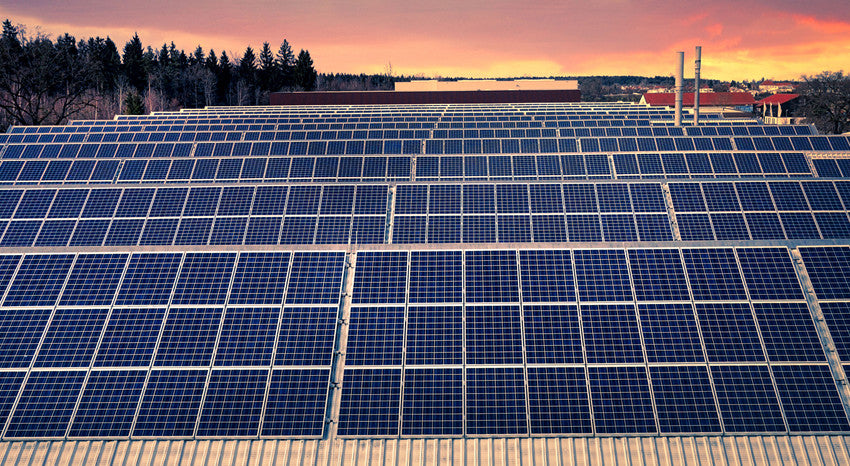
Conclusion
Losing power is never fun for people, this can also seriously mess with your electronics, external hard drives, computers, home Wi-Fi networks, and more all feel the negative effects of power outages. So, it is necessary to create a plan of action to keep your home or your business, or both, running during these possible future blackouts. One of your plan should be to think the best battery backups (uninterruptible power supply, or UPS), which will automatically take over when the power drops or goes out entirely. So, choosing a battery backup system for your home is a delicate task, and is also a necessary choice. You can save more money and resource to be with energy battery backup system. You only need to consider retail pricing and installation costs, as well as current peak, start, running voltage and amperage. These things will determine how much electrical load you can put on the system at once. If you choose a system with less capacity than you need, you will run a risk of frying the wiring in your whole house; but if you choose a system with more capacity, not only you will run everything smoothly, also you have room to expand as your power needs change. Plus, LiFePO4 storage batteries have built-in BMS (battery management system), which can cut off working when the system meets trouble. This makes the LiFePO4 battery safer than other options.

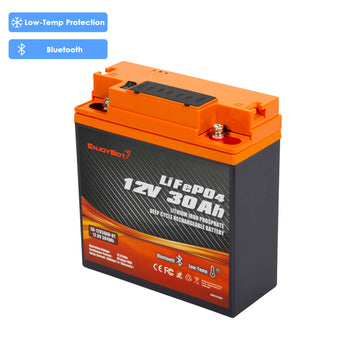
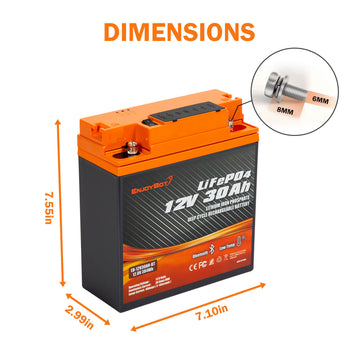











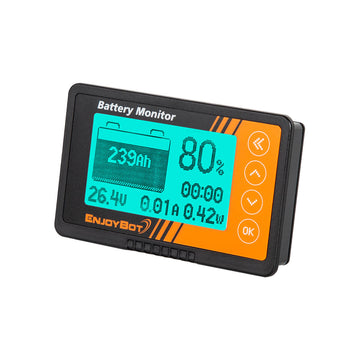
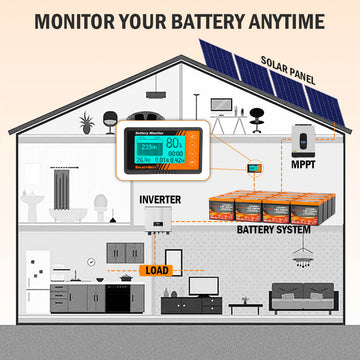
![[Upgraded Version] Enjoybot 14.6V 20A Waterproof Mountable LiFePO4 Lithium Battery Charger For 12V LiFePO4 Battery](http://enjoybotbattery.myshopify.com/cdn/shop/files/14.6V_20A_Waterproof_Battery_Charger_1_360x.jpg?v=1752565609)
![[Upgraded Version] Enjoybot 14.6V 20A Waterproof Mountable LiFePO4 Lithium Battery Charger For 12V LiFePO4 Battery](http://enjoybotbattery.myshopify.com/cdn/shop/files/14.6V_20A_Waterproof_Battery_Charger_2_360x.jpg?v=1752637374)
